How A Healthy Diet Can Help Manage Diverticulitis
Bowel disease, ranging from irritable bowel syndrome and Crohn's disease to diverticulitis and cancer, is on the rise in America. Many health professionals agree that the modern Western diet, which is deficient in whole foods and consists mostly of highly processed foods, is the culprit. Filled with sugar and fat, these refined foods not only wreak havoc on health but also, specifically, the bowel. So, what is diverticulitis, and what are the best ways to manage this disease using diet?
Understanding Diverticulitis: A Common Bowel Condition
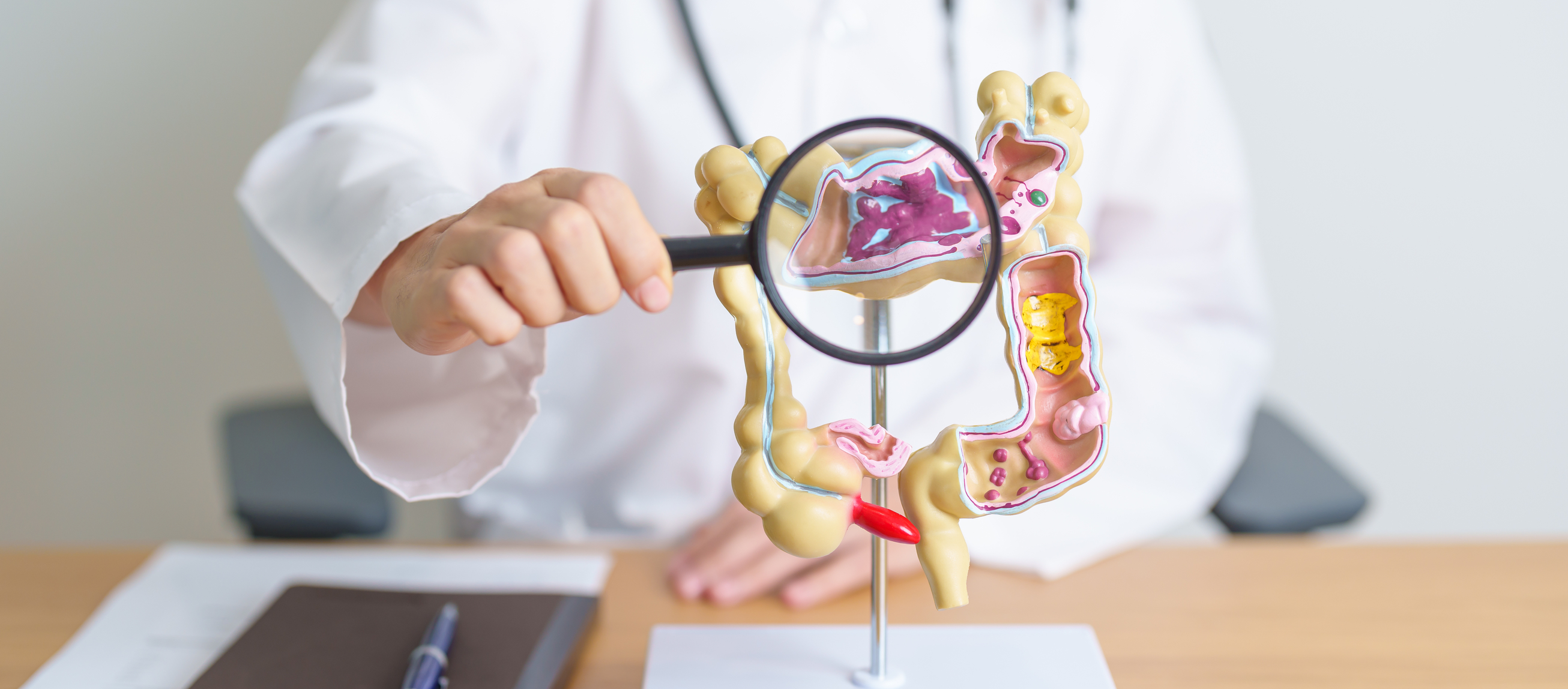
Diverticulitis is a digestive condition that arises when small pouches, called diverticula, form in the walls of the large intestine. These pouches can become inflamed or infected, leading to discomfort and pain. While many people develop diverticula as they age, not everyone experiences the complications of diverticulitis. Understanding the condition’s development is crucial to managing symptoms effectively and preventing further health issues related to bowel inflammation.
Learn more about the symptoms and available treatments now!
Causes of Diverticulitis: What Triggers the Condition?
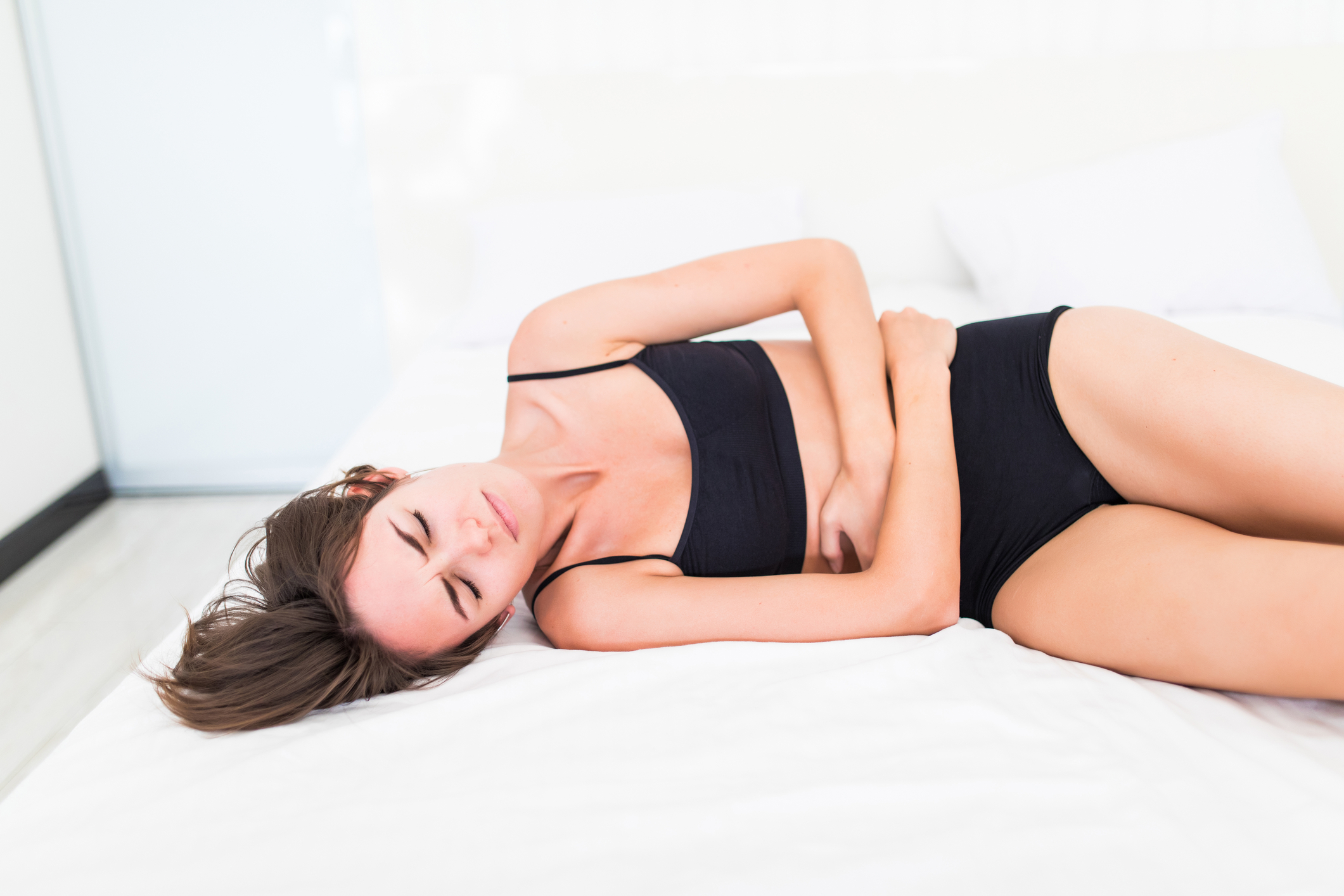
Several factors contribute to the formation of diverticula, with a low-fiber diet being one of the leading causes. The stool moves slowly through the colon when insufficient fiber intake, causing pressure to build and forming pouches. Chronic constipation, obesity, smoking, and even certain medications like anti-inflammatory drugs can also increase the risk. For those with diverticulitis, understanding these triggers is essential in preventing future flare-ups.
Continue reading to find out what foods to consume when suffering from diverticulitis.
Recognizing the Warning Signs: Symptoms of Diverticulitis
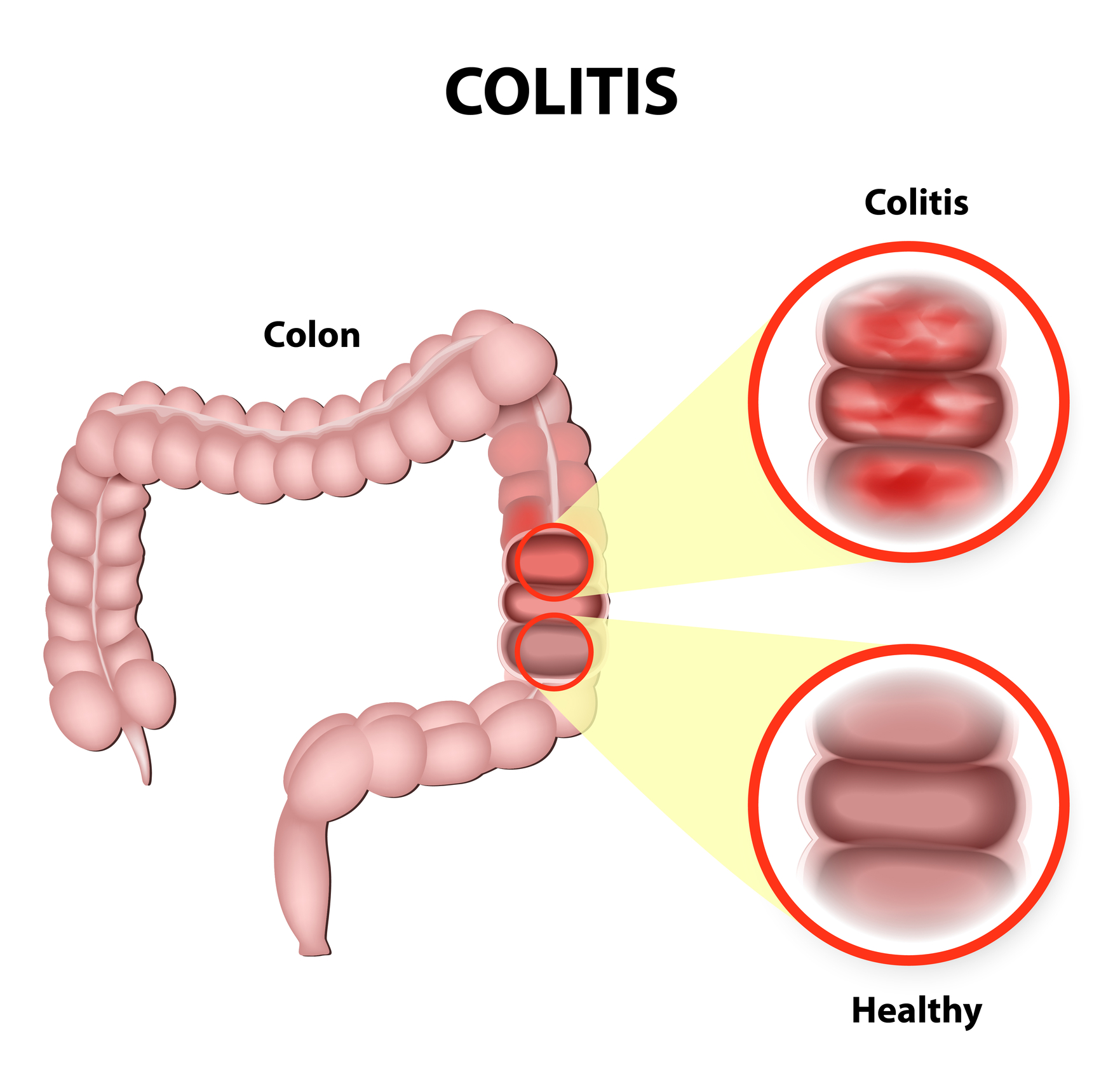
The symptoms of diverticulitis can vary, but most individuals experience sharp abdominal pain, typically on the lower left side. This pain is often accompanied by fever, nausea, and changes in bowel habits, such as constipation or diarrhea. In severe cases, patients may notice blood in their stool or feel tenderness when touching the affected area. Early recognition of these symptoms is crucial for timely treatment and avoiding complications like abscesses or perforations in the colon.
Discover how to recognize the symptoms early for better outcomes!
The Importance of Timely Diagnosis
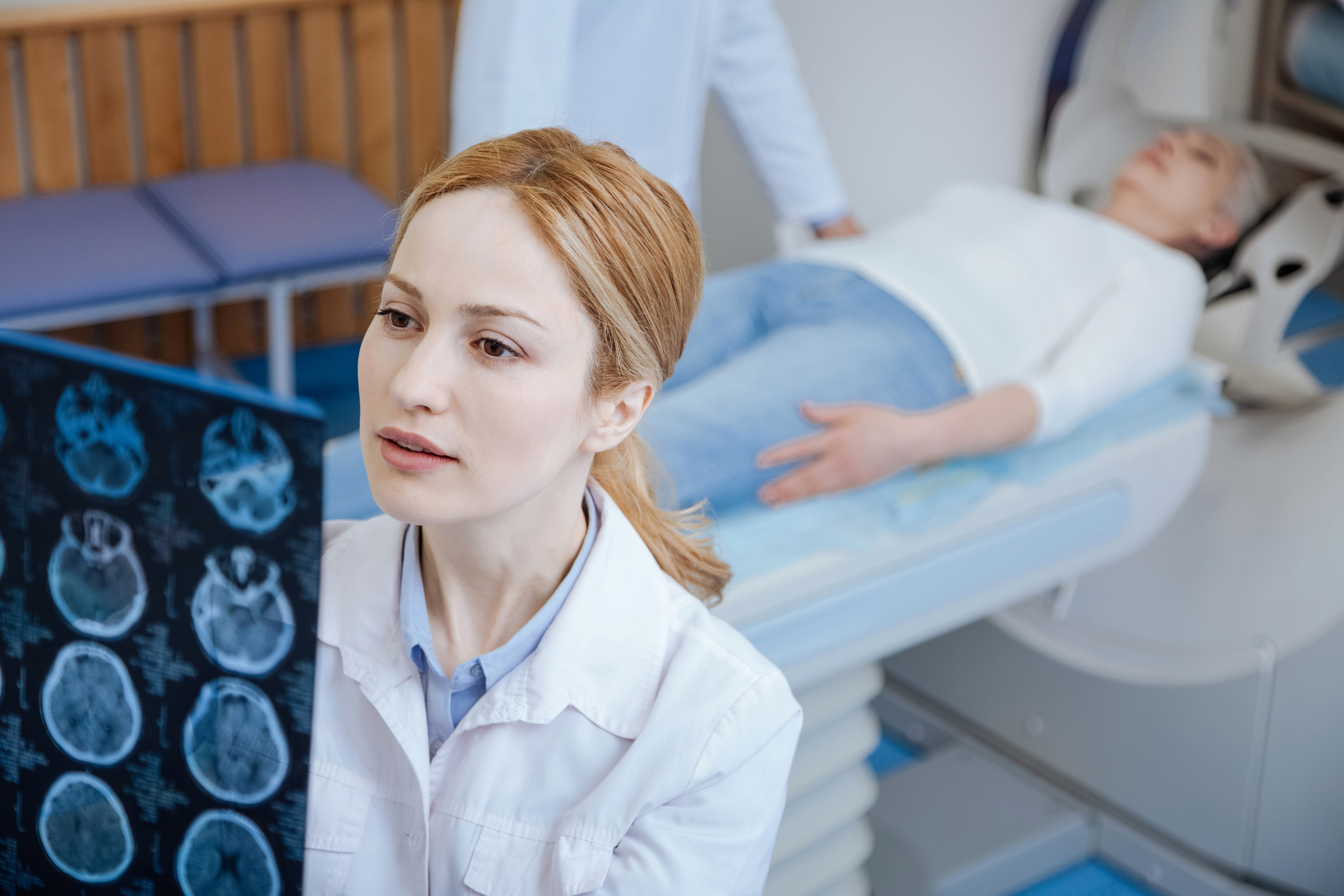
Early detection is key to managing diverticulitis before it leads to more serious health complications. Doctors often use imaging tests such as a CT scan or ultrasound to identify inflamed or infected diverticula. Blood tests can also reveal signs of infection or inflammation. A prompt diagnosis enables patients to receive the appropriate treatment, whether that’s antibiotics, dietary changes, or in severe cases, surgical intervention to remove the affected portion of the colon.
Find out more about how a quick diagnosis can make a difference!
Acute Flare-Up Management: Resting the Bowel
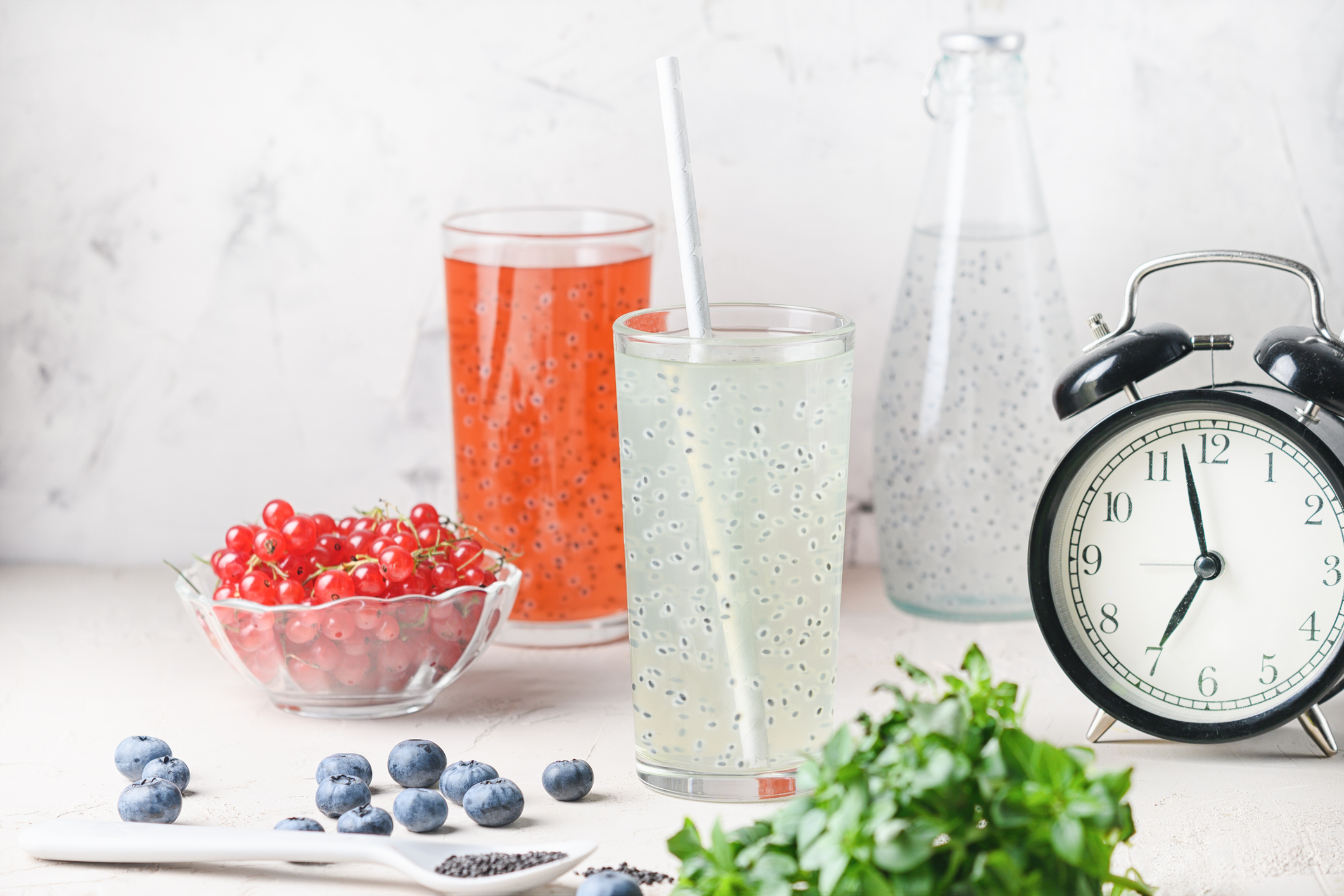
During an acute diverticulitis attack, it’s important to give the digestive system time to heal by resting the bowel. Doctors often recommend a temporary liquid or low-fiber diet to reduce strain on the colon. Clear broths, herbal teas, and water-based gelatin are gentle on the digestive tract and allow the inflammation to subside. This phase typically lasts a few days and helps the body recover without causing further irritation to the affected area.
Learn which foods will help you through an acute diverticulitis flare-up.
Reintroducing Solid Foods Gradually
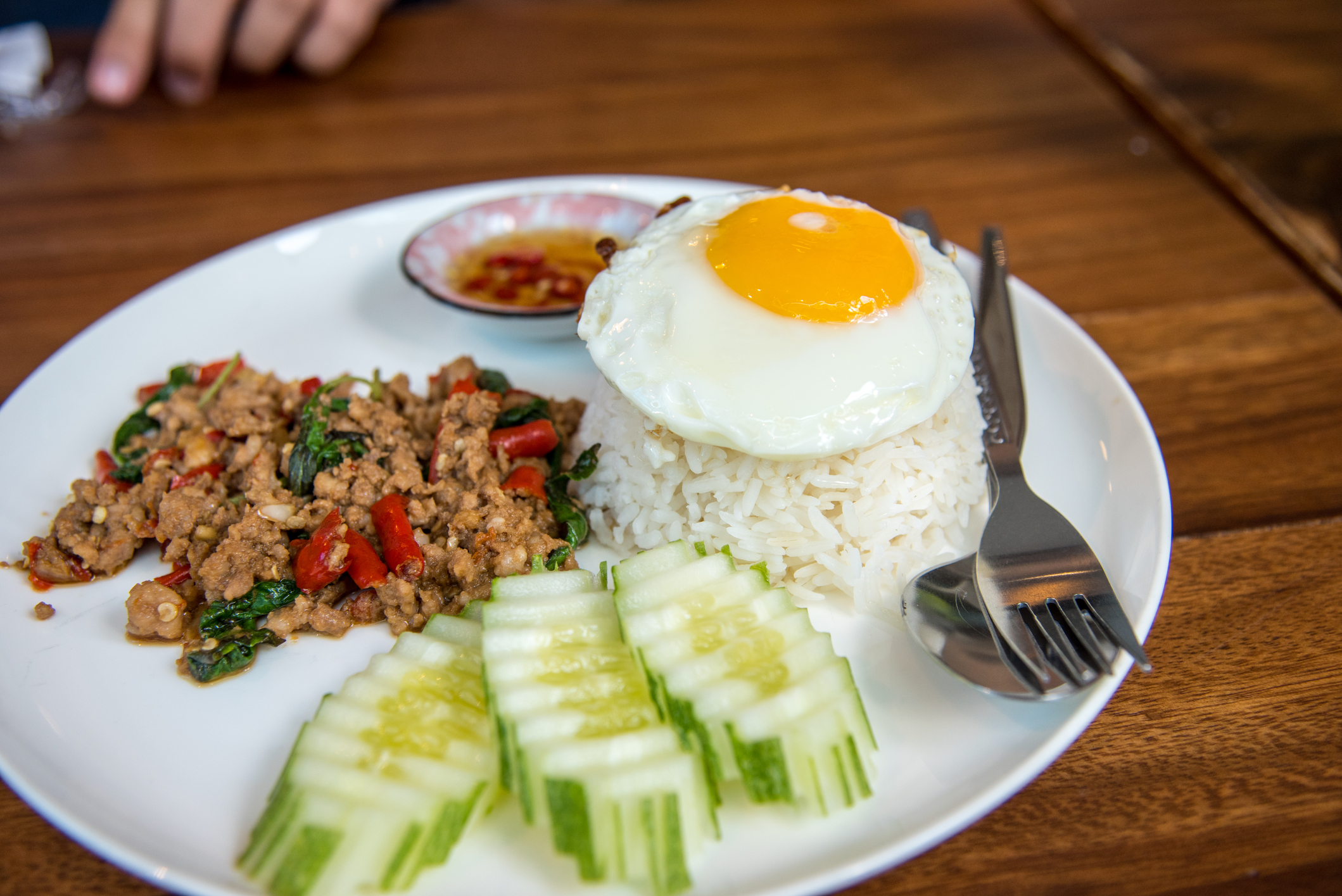
Once symptoms worsen, patients can gradually reintroduce solid foods to their diet. However, starting with low-fiber foods that are easy to digest, such as white rice, skinless potatoes, eggs, and lean meats like fish or chicken, is important. These foods provide essential nutrients without too much stress on the recovering digestive system. Slowly reintroducing solid foods ensures that the bowel can heal fully before resuming a regular diet.
Find out now what low-fiber foods to reintroduce into a healthy diet when healing from diverticulitis.
Long-Term Management: The Role of Fiber
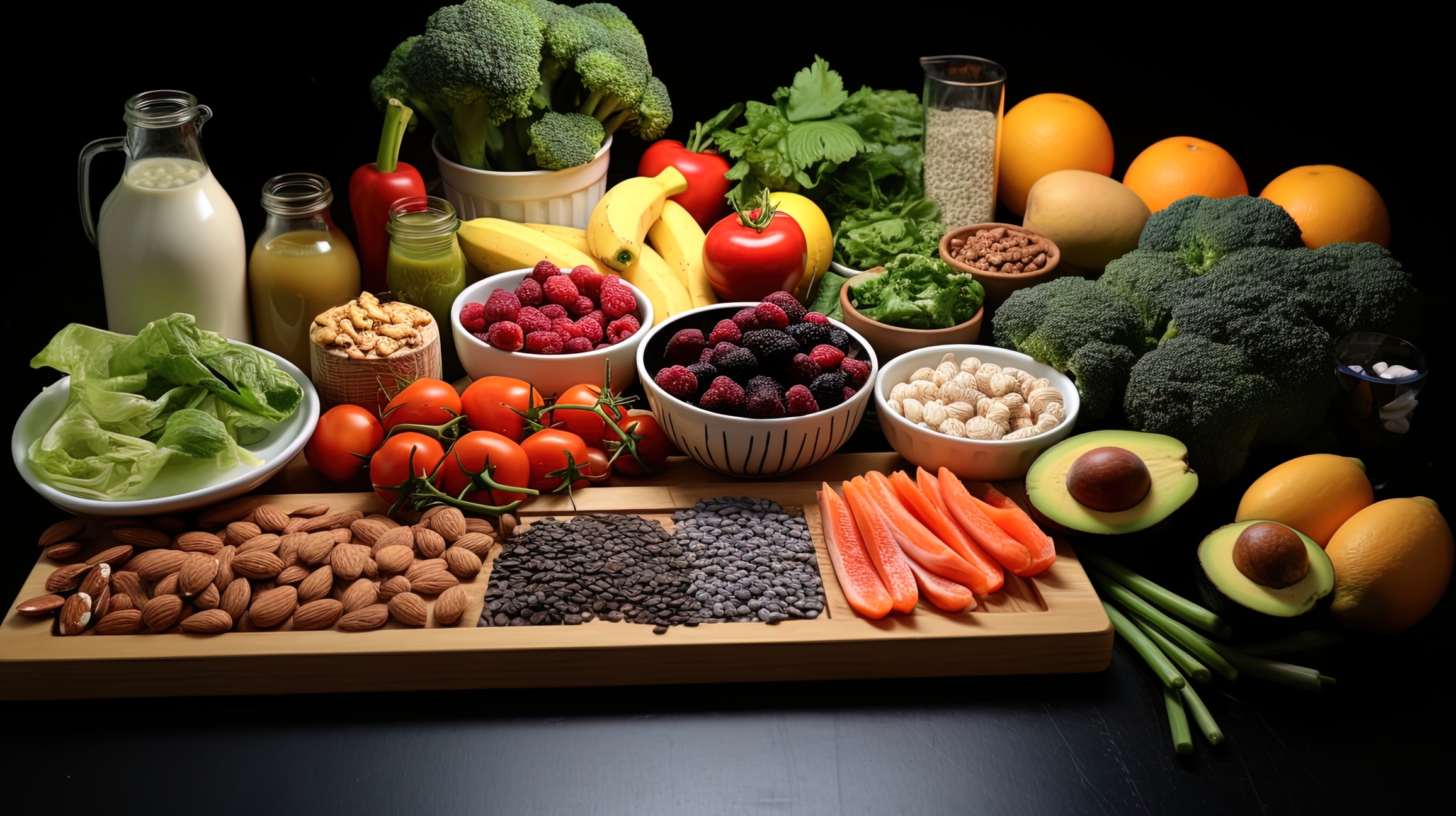
Fiber becomes the cornerstone of long-term prevention after recovery from an acute diverticulitis attack. A fiber-rich diet helps prevent constipation, reduces the risk of straining during bowel movements, and keeps the colon functioning smoothly. Foods like whole grains, fruits, vegetables, and legumes are excellent sources of fiber that promote regularity and reduce the pressure on the intestinal walls, which can lead to diverticula formation. Regular fiber intake is crucial for ongoing digestive health.
Continue reading to discover why fiber is essential for managing diverticulitis long-term.
Simple Ways to Add Fiber to Your Diet

Incorporating fiber doesn’t have to be complicated. Simple swaps like choosing whole grain bread over white bread, adding fruits like apples or berries to your breakfast, or tossing a handful of spinach into your smoothie can significantly boost your fiber intake. Snacks like raw vegetables with hummus or a handful of almonds provide fiber and essential nutrients. By gradually increasing fiber-rich foods, you can avoid digestive discomfort and help keep your colon healthy and functioning optimally.
Learn how small changes can make a big difference in boosting fiber intake.
Staying Hydrated for Bowel Health

Water plays a vital role in maintaining digestive health, especially for individuals managing diverticulitis. Hydration helps soften stools, making them easier to pass and preventing constipation, which can aggravate the condition. Experts recommend drinking at least eight glasses of water daily to promote regular bowel movements. In some cases, warm water can be particularly soothing for the digestive tract, helping to relax muscles and stimulate bowel movements naturally.
Find out how staying hydrated can improve your digestive health.
Benefits of Probiotics in Managing Diverticulitis
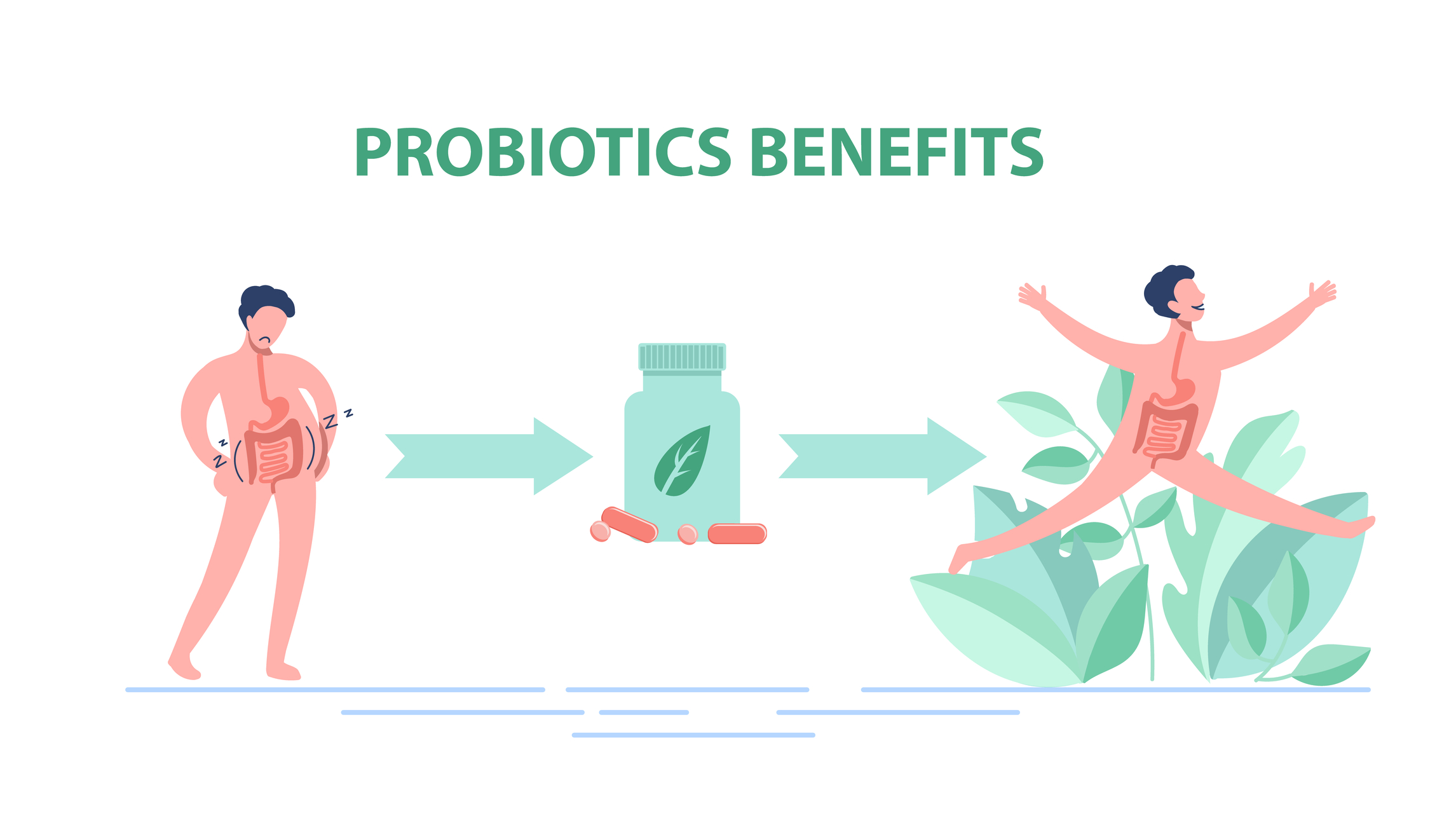
Probiotics are beneficial bacteria that can help balance the gut’s microbiome, improving digestive health and supporting recovery from diverticulitis. Found in fermented foods like yogurt, sauerkraut, and kefir, probiotics help maintain a healthy balance between good and bad bacteria in the digestive tract. This balance is essential for preventing inflammation and reducing the risk of future diverticulitis attacks. Regular consumption of probiotic-rich foods or supplements can support overall gut health and immunity.
Discover how probiotics can help maintain a healthy digestive balance.
Avoiding Trigger Foods That Aggravate Diverticulitis

Certain foods, particularly processed foods with refined sugars and unhealthy fats, can trigger or worsen diverticulitis symptoms. These foods can cause inflammation and disrupt the balance of bacteria in the gut, leading to digestive distress. Common trigger foods include white bread, sugary snacks, fried foods, and alcohol. Avoiding these foods can help keep symptoms under control and reduce the likelihood of future flare-ups, ensuring the digestive system stays balanced and healthy.
Learn more about foods to avoid and how to protect your digestive health.
Debunking the Nuts and Seeds Myth
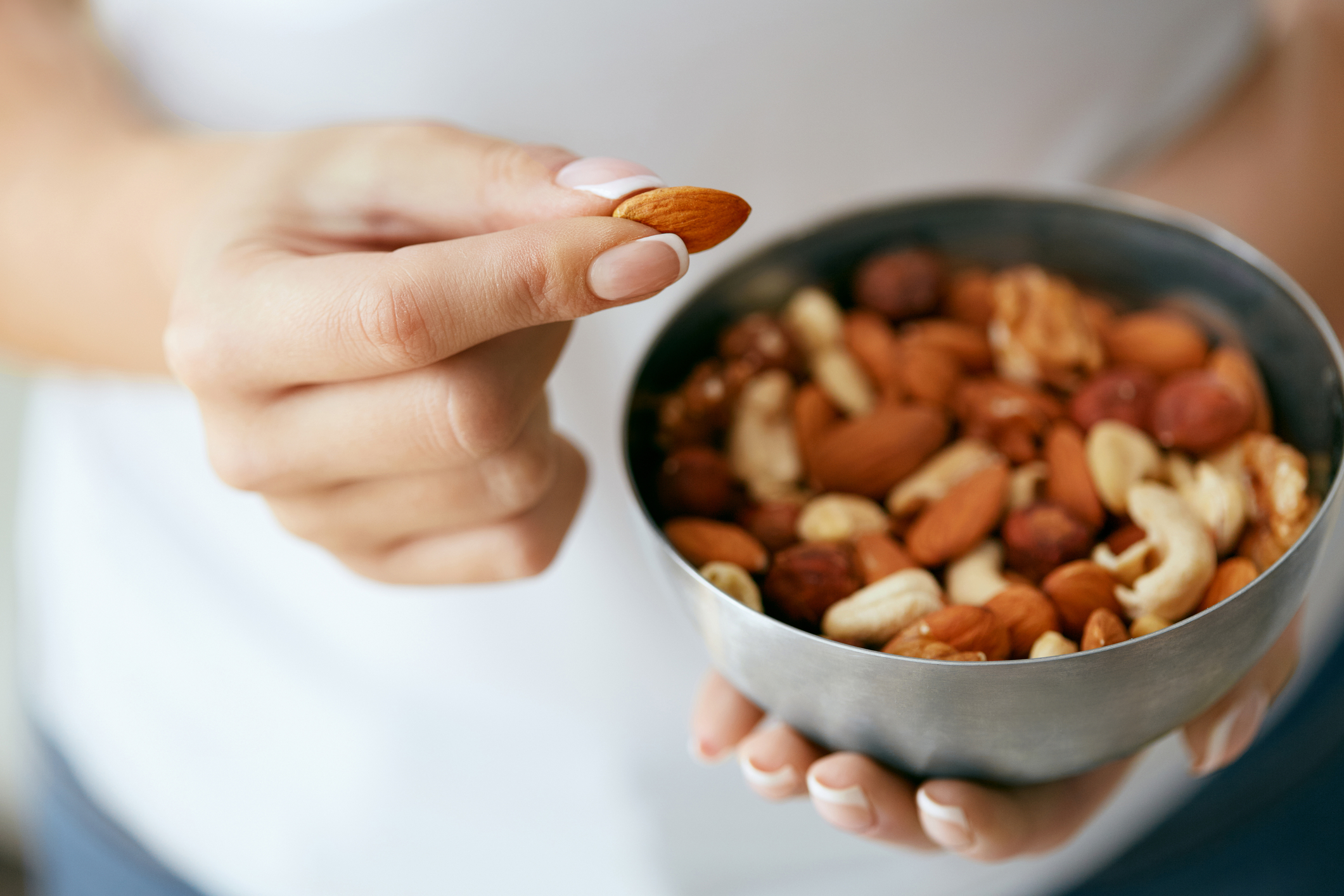
For years, it was believed that consuming nuts, seeds, and popcorn could cause diverticulitis by getting stuck in the diverticula. However, recent studies have debunked this myth, showing that these fiber-rich foods can support digestive health. Including them in your diet can increase your fiber intake, promoting smoother bowel movements and reducing pressure on the colon. It’s safe to enjoy these foods as part of a balanced, fiber-rich diet without fear of triggering diverticulitis symptoms.
Find out why you can safely enjoy nuts and seeds for better digestive health.
Using Warm Water Therapy for Relief
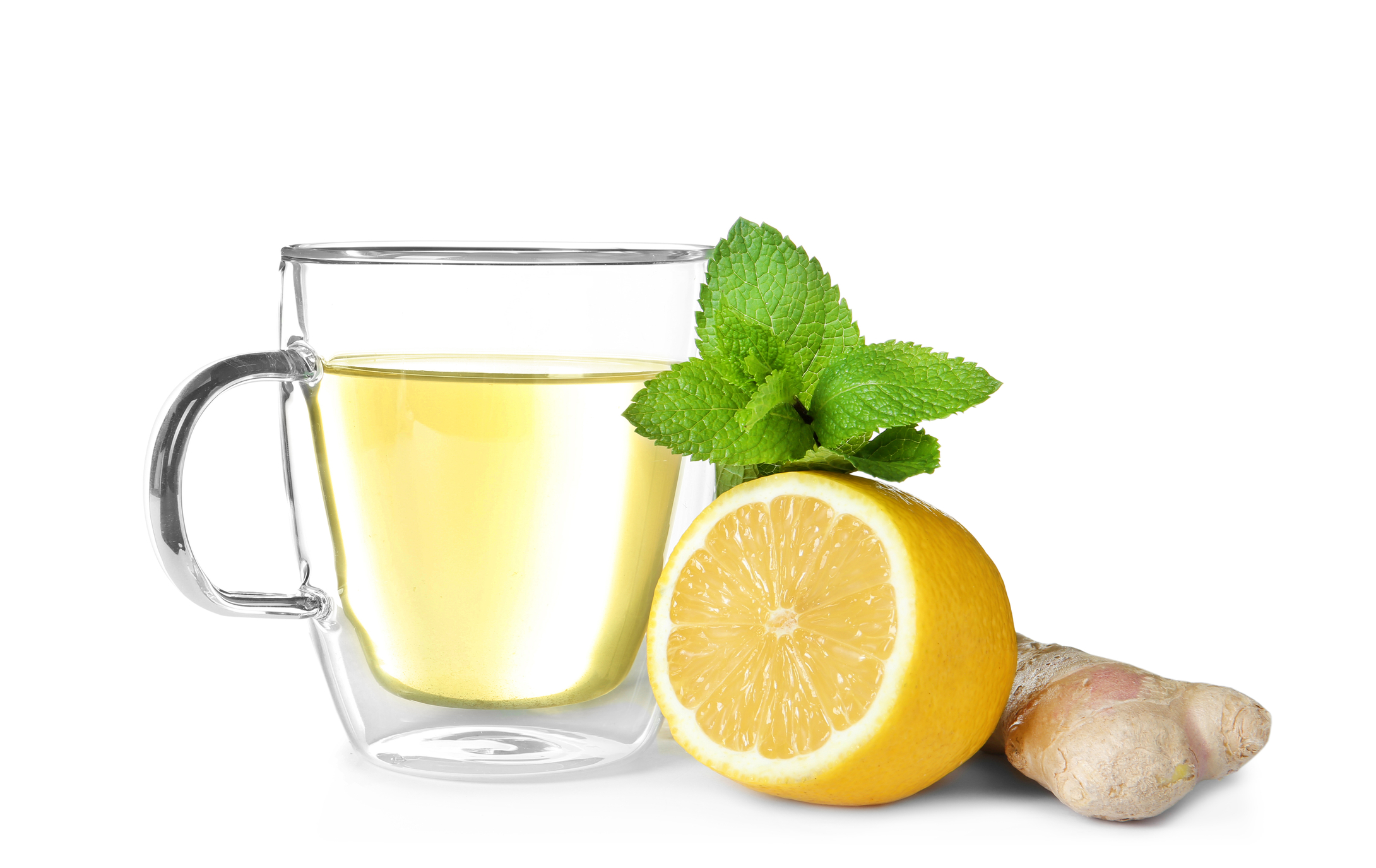
Drinking warm water can provide soothing relief for those dealing with constipation or cramping associated with diverticulitis. The warmth helps relax the digestive tract muscles, making bowel movements easier and reducing discomfort. Some studies suggest warm water, particularly in the morning, can stimulate the digestive system and improve regularity. This simple remedy is a natural way to support bowel health and alleviate symptoms of diverticulitis.
Discover how warm water can help ease digestive discomfort.
Exercise: A Natural Way to Support Digestion

Physical activity is important for overall health and plays a key role in digestive wellness. Exercise helps stimulate bowel movements, prevent constipation, and maintain a healthy weight—all factors that reduce the risk of diverticulitis. Incorporating activities like walking, yoga, or swimming into your routine can promote regular digestion and keep the digestive tract functioning smoothly, preventing the buildup of pressure that can lead to diverticula formation.
Learn how staying active can promote a healthy digestive system.
Managing Stress to Prevent Flare-Ups
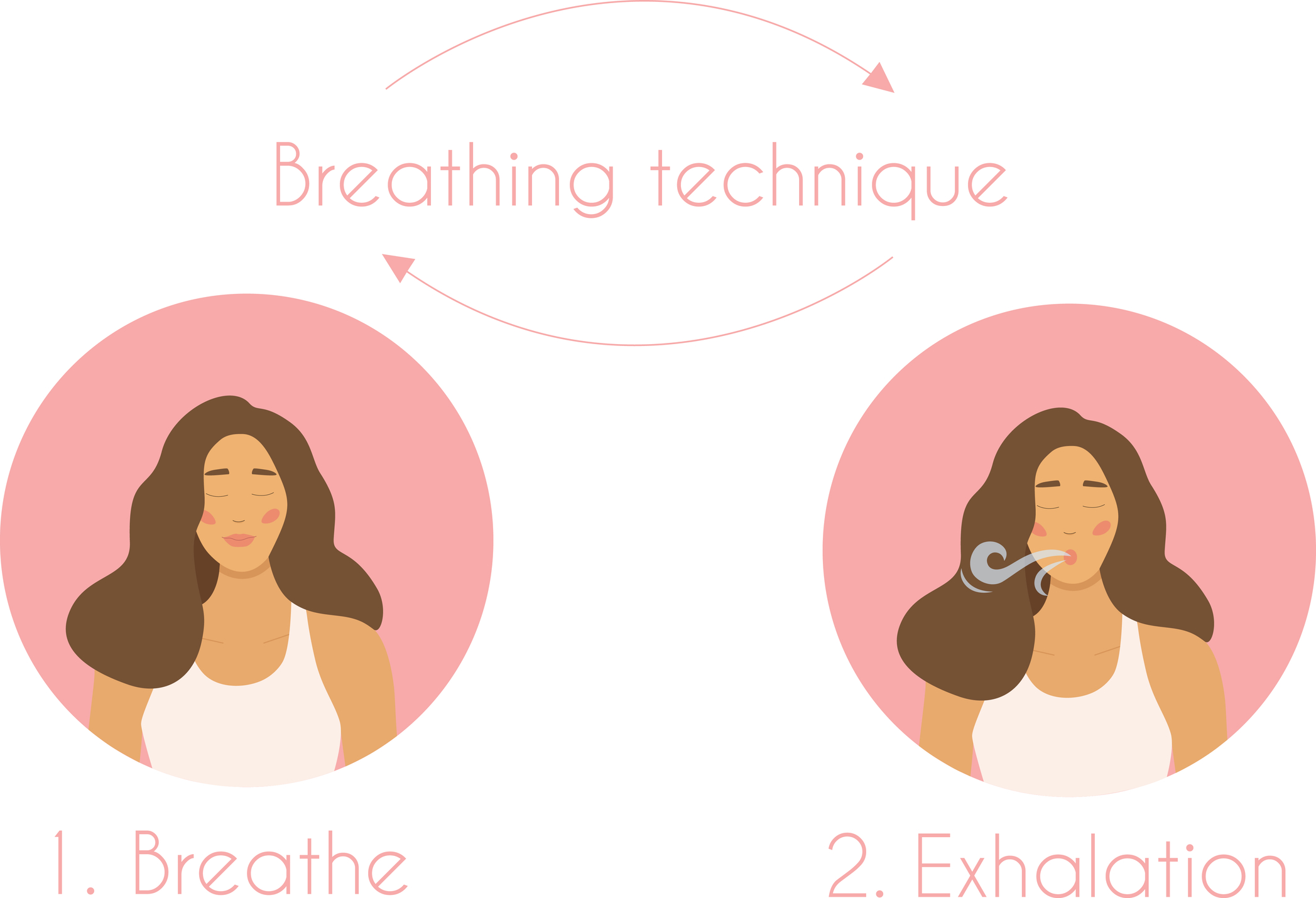
Stress is known to impact the digestive system, exacerbating conditions like diverticulitis. High-stress levels can cause changes in gut function, leading to inflammation, cramping, and irregular bowel movements. By incorporating stress management techniques such as meditation, deep breathing exercises, or light physical activity, individuals can reduce the likelihood of flare-ups and promote a calmer, more balanced digestive system.
Find out how managing stress can help reduce your risk of diverticulitis flare-ups.
Long-Term Prevention Strategies for Diverticulitis

Preventing future diverticulitis attacks requires a comprehensive approach, including a fiber-rich diet, hydration, regular physical activity, and stress management. These lifestyle changes support healthy digestion, reduce inflammation, and ensure smooth bowel movements, key to preventing diverticula from becoming inflamed. By committing to these long-term strategies, individuals can reduce their risk of diverticulitis flare-ups and promote lasting digestive health.
Continue reading for long-term strategies to manage diverticulitis and stay healthy.
Conclusion: Taking Control of Digestive Health
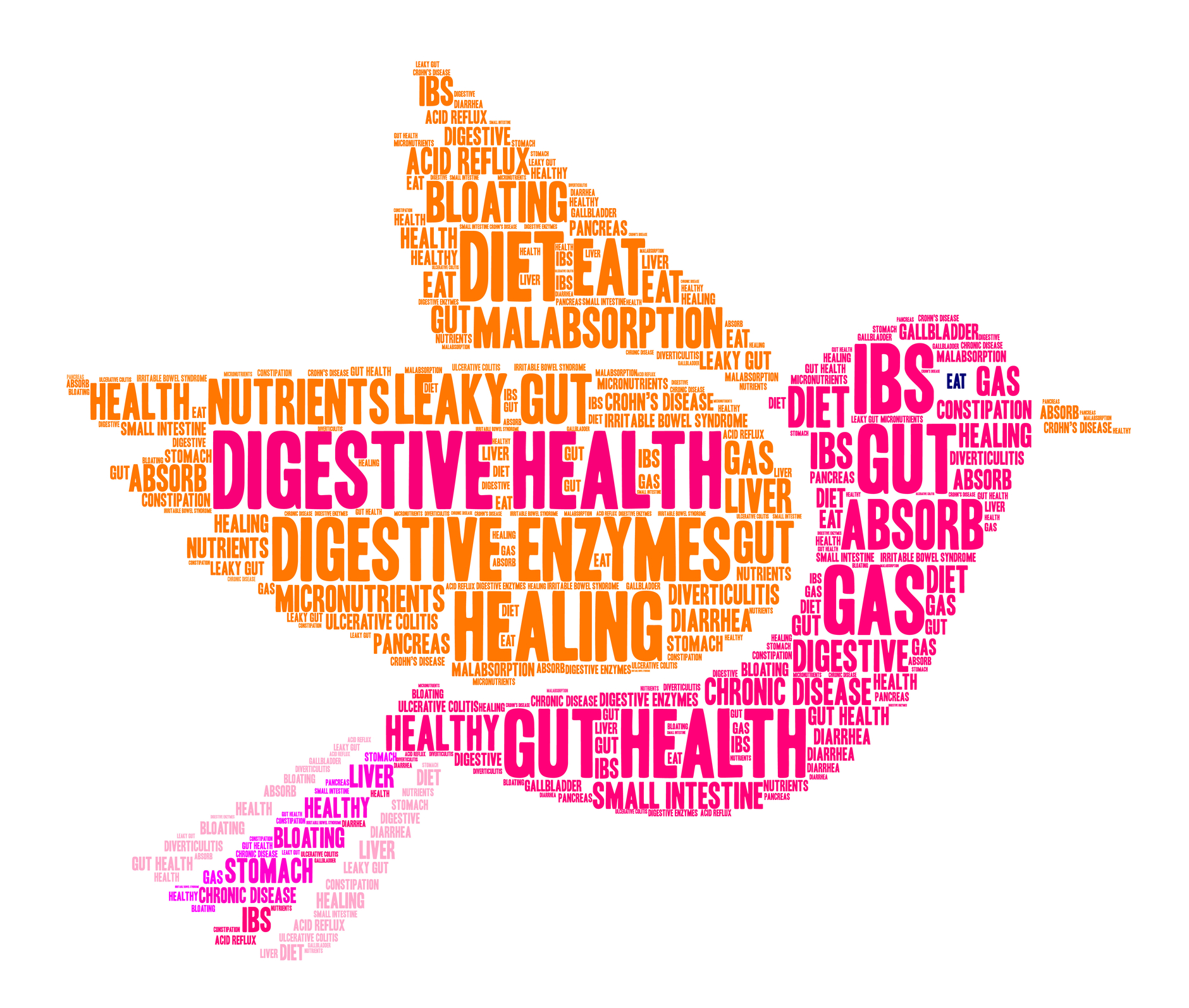
A proactive approach to managing diverticulitis can significantly improve quality of life. Individuals can take control of their digestive health by understanding the condition, recognizing triggers, and making informed dietary and lifestyle changes. With the right balance of fiber, hydration, probiotics, and stress management, diverticulitis can be managed effectively, allowing for a healthier and more comfortable life.
Learn more about how to take control of your digestive health with these essential tips.
